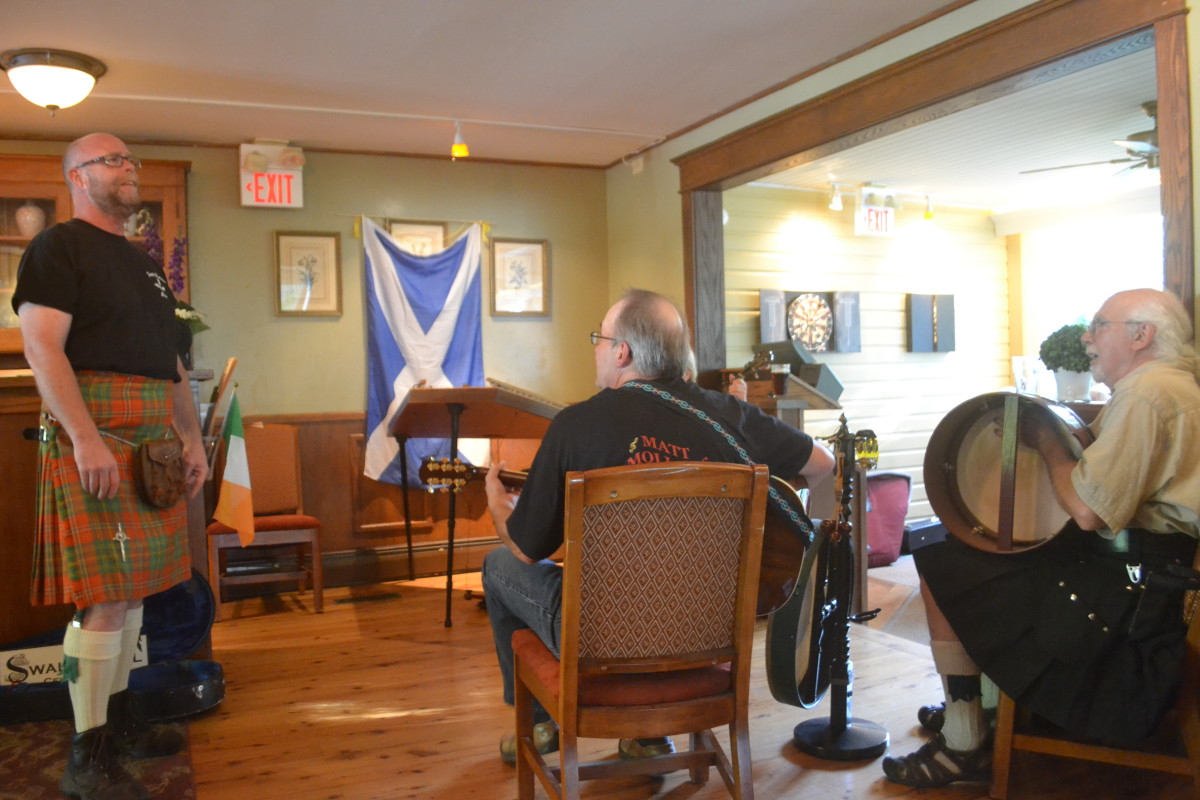Inspired by Gateways Council, Housing North launches housing exchange
By Ross Boissoneau
Sun contributor
Finding housing in the area has long been a challenge, and it only seems to be getting worse. In response, Housing North is implementing the Housing Exchange Platform, a means for those seeking rentals and those who may have available housing to connect.
“It just launched,” says Housing North executive director Yarrow Brown of the effort. The Housing Exchange is a free, community-based tool to be used by both employers seeking housing for their workers and for individuals, connecting them with rental properties, whether that is homes, apartments, ADUs or simply rooms in a home.
The platform grew out of a similar effort by the Sleeping Bear Gateways Council. The Leelanau County non-profit recognized the need for rental housing was acute and getting worse. Between low inventories of home for sale and for rent, increasing prices and the trend for homes to be used for more profitable short-term rentals, the Sleeping Bear Gateways Council formed in 2018 to focus on challenges and opportunities in the communities around the National Lakeshore. It sought to serve the Sleeping Bear-adjacent communities of Frankfort, Leland, Empire and Glen Arbor, as well as the nearby communities of Beulah, Honor, Benzonia, Frankfort, Maple City, and Cedar.
Actually, the organization re-formed. It began in the 1960s as the Citizens Council of the Sleeping Bear Dunes area in response to the creation of the National Lakeshore. It played an active role in issues involving park boundaries, access, and private property rights.
When the organization changed its name and its focus seven years ago, it was in response to the continuing swell of interest in the area. Even before the pandemic, the number of summer visitors continued to rise in the wake of being named “Most Beautiful Place in America” in 2011 by viewers of Good Morning America.
Bill Witler, president of the board of directors of the Gateway Council, says the need became clear when the pandemic’s social distancing rules led to National Park Service employees being relegated to one person per bathroom. “That put about 80 people needing housing on an already stressed housing market,” he says.
In response, the group formed the Housing Exchange Platform, a means for those with homes or even rooms they would be willing to rent to connect with those seeking accommodation.
Now, Housing North has taken on the challenge, implementing the platform across not only Leelanau County but also Grand Traverse, Benzie, Antrim and Kalkaska. “Because we are regional we want to expand to all ten” counties it serves, says Brown. “We’re seeking ways to be creative and (think) outside of the box.
“It’s an experiment,” she continues. “I hope it grows. We’re excited. It’s not competition (with real estate sales). This is specifically focused on rentals.”
Witler is hopeful Housing North’s effort is a success that translates into rental opportunities across the board. With the influx of summer visitors, virtually every industry, every restaurant and every retailer rely on seasonal workers to meet those needs, including the National Park Service. If those who would work cannot find a place to live, the lack of workers may result in shorter hours or even closures during the busiest money-making time of the year. “All the elements are interrelated,” Witler says.
The Housing Exchange Platform was just one of the ways in which the Gateway Council was and is working to address the ongoing housing problem in Benzie and Leelanau Counties. It earlier led an effort to utilize a portion of forest property owned by Glen Lake Community Schools for school staff housing.
When the property was deeded to the school as part of the 1931 Community Forest Act, it was for the purpose of recreation or forestry. The state Department of Natural Resources and Sleeping Bear Gateways Council proposed utilizing 40 acres of the 180 acres for workforce housing. Despite support from both State Representative Betsy Coffia (D) and State Senator John DaMoose (R), the project drew opposition locally, and ultimately the board voted not to pursue it.
That disappointed Witler and the members of the Gateway Council. They continue to seek ways to provide housing options. He says one limiting factor is old zoning regulations that mandate large tracts of land for newly-built homes, sometimes five, even ten acres for one single-family home. “Zoning has to allow density,” he says.
Another effort by the council was in regards to a 40-acre parcel near the Empire Airport. The council bought a site plan, incorporating a number of different housing options. “Owner, ADU, town home rentals, RV pads, dormitories,” explains Witler.
The National Park was asked if it would transfer the property to the township, which could negotiate with the council for affordable purchase options. The response was that the sale would have to go through the federal government, which would require it be sold at fair market value, essentially scuttling the proposal.
Nevertheless, Wilter says the group continues to pursue options for providing rental housing and other challenges, such as parking. “Every experiment doesn’t work, but we learn more and get more visibility. We have a very engaged board. Our reputation has grown,” he says.
“The need is more and more evident. We continue to pursue it.”











